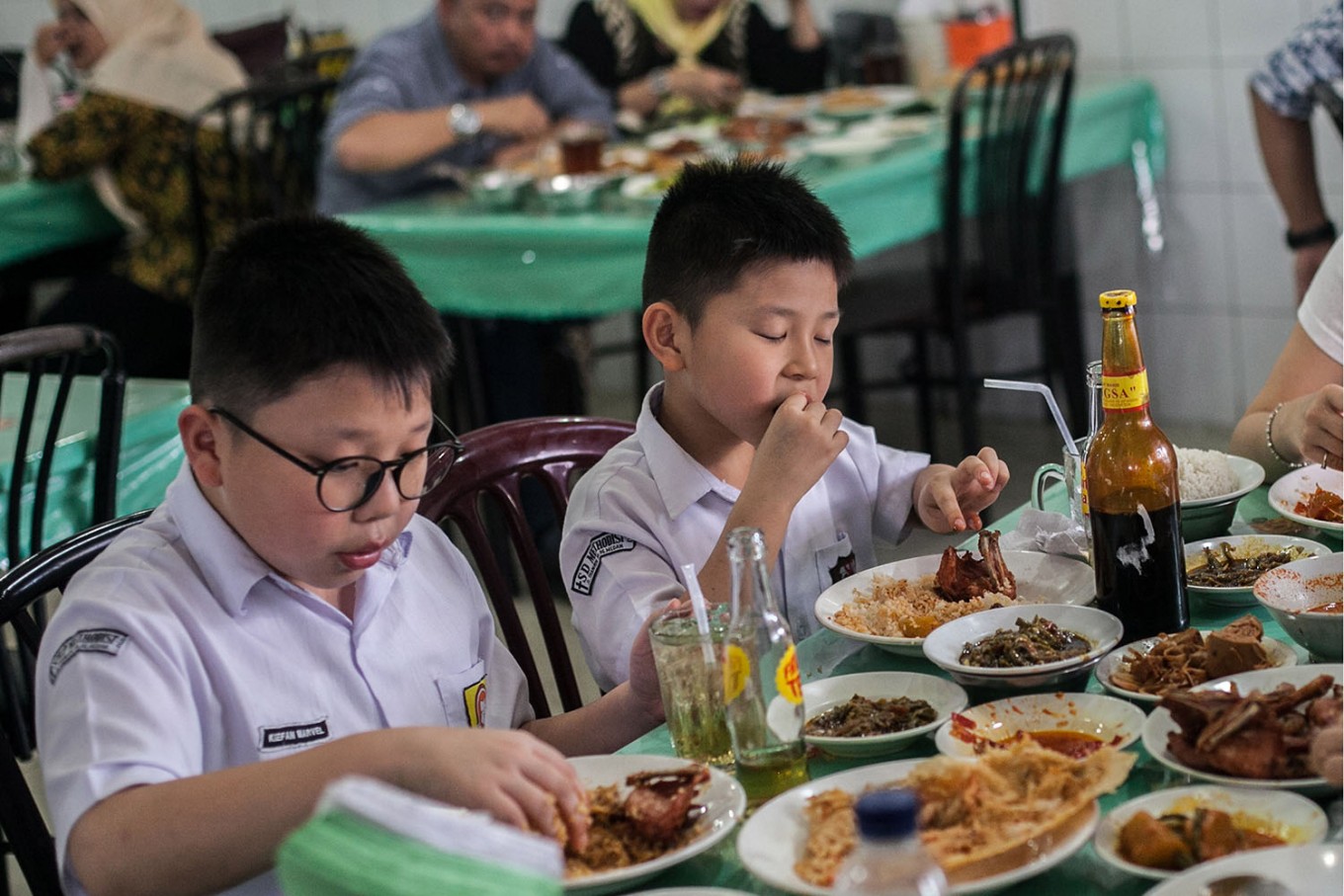Many studies reveal that children are less affected by COVID-19 compared with adults. Globally, children account for about 1-5 percent of infections. However, the incidence rate in Indonesia is a bit higher – about 6-8 percent. Among arising assumptions, the prominent reason for this higher rate is the chronic nutritional problems facing Indonesian children.
Children with nutritional problems, such as malnutrition and wasting - defined as low weight to height - are at risk of COVID-19 morbidity and mortality. Even before the pandemic, the nutritional problems had already occurred.
The 2018 Basic Health Research (Riskesdas) reported that the prevalence of stunting – one of the indicators of children's poor nutrition – remained high at about 30.8 percent. The prevalence rate in 20 provinces was even higher at more than 30 percent.
Another study also found that school-aged children (5-12 years old) received low energy intake from their daily meals (29.7 percent low and 40.1 percent very low) compared with the international standard of energy intake for their age.
The COVID-19 pandemic not only affects people directly through infections, which can be fatal. The health crisis also indirectly hurts people through economic disruption. Because of the economic slowdown, many families, particularly the poor, face a diminished financial capacity that forces them to prioritize their consumption. The need for balanced nutrition is often ignored in the family, which eventually puts children at risk of nutritional problems, aside from possible COVID-19 infection.

On the supply side, healthcare services are currently more focused on providing COVID-19-related services or reducing other services to minimize the risk of transmission among people. This also affects nutritional-related functions, including early detection programs and the comprehensive treatment of malnutrition and wasting.
Concerning this situation, nutritional support for children should be part of measures against the COVID-19 pandemic. It is a critical measure since the quality of nutrition is one of the keys to protecting children from potential infection and severe illnesses resulting from or related to COVID-19.
The Education and Culture Ministry has organized a nutritional program for school-aged children through the School-Based Nutrition Program (ProGAS) since 2016. Through ProGAS, teachers, together with the local community, deliver breakfast before school time three times a week. They use local food resources and provide menus based on local characteristics.
The vital part of this program is to ensure that children receive a breakfast that meets between one-fourth and one-third of their daily nutritional needs. The program also aims to educate children about nutritional needs and a healthy lifestyle.
After a positive result, the government increased the program coverage to 39 districts across Indonesia in 2019. However, since then, the program for elementary schools has been suspended.
In this time of pandemic, ProGAS – its concept and implementation – should be revitalized, adjusted and incorporated into the whole social-protection system. When schools are ready to reopen, ProGAS is essential as an add-on policy for the school-reopening protocols, such as the days on-and-off schedule, dividing students into several groups and restricting social activities in schools.
This program should also be adjusted to general physical-distancing measures. If the school has lunch breaks, avoid potential crowding. Break times should be scheduled at different times for several groups. Students need to be encouraged to have their meals, breakfast or lunch inside their classrooms instead of in a canteen or hall.
These plans must be implemented in parallel with the health-related protocol strategies. Schools must ensure that students understand and practice the 20-second handwashing routine, coughing and sneezing etiquette, no-handshaking and hugging, and no touching faces.
In addition to improving social protection, this program should improve the school capacity in nutritional education and community empowerment regarding the nutritional program in a more sustainable approach.
The revitalization of this program is critical. It is an alternative strategy, not only to provide adequate dietary intake for school-aged children but also as a part of integrated, comprehensive social support for the Indonesian people.









